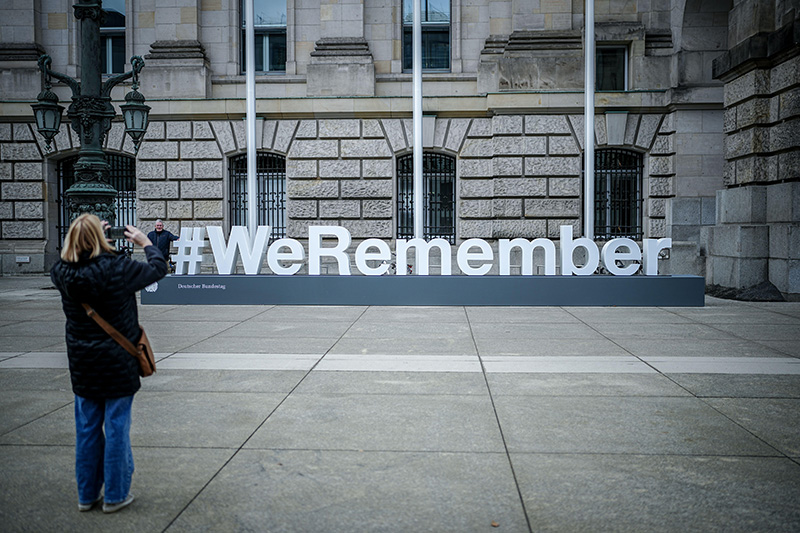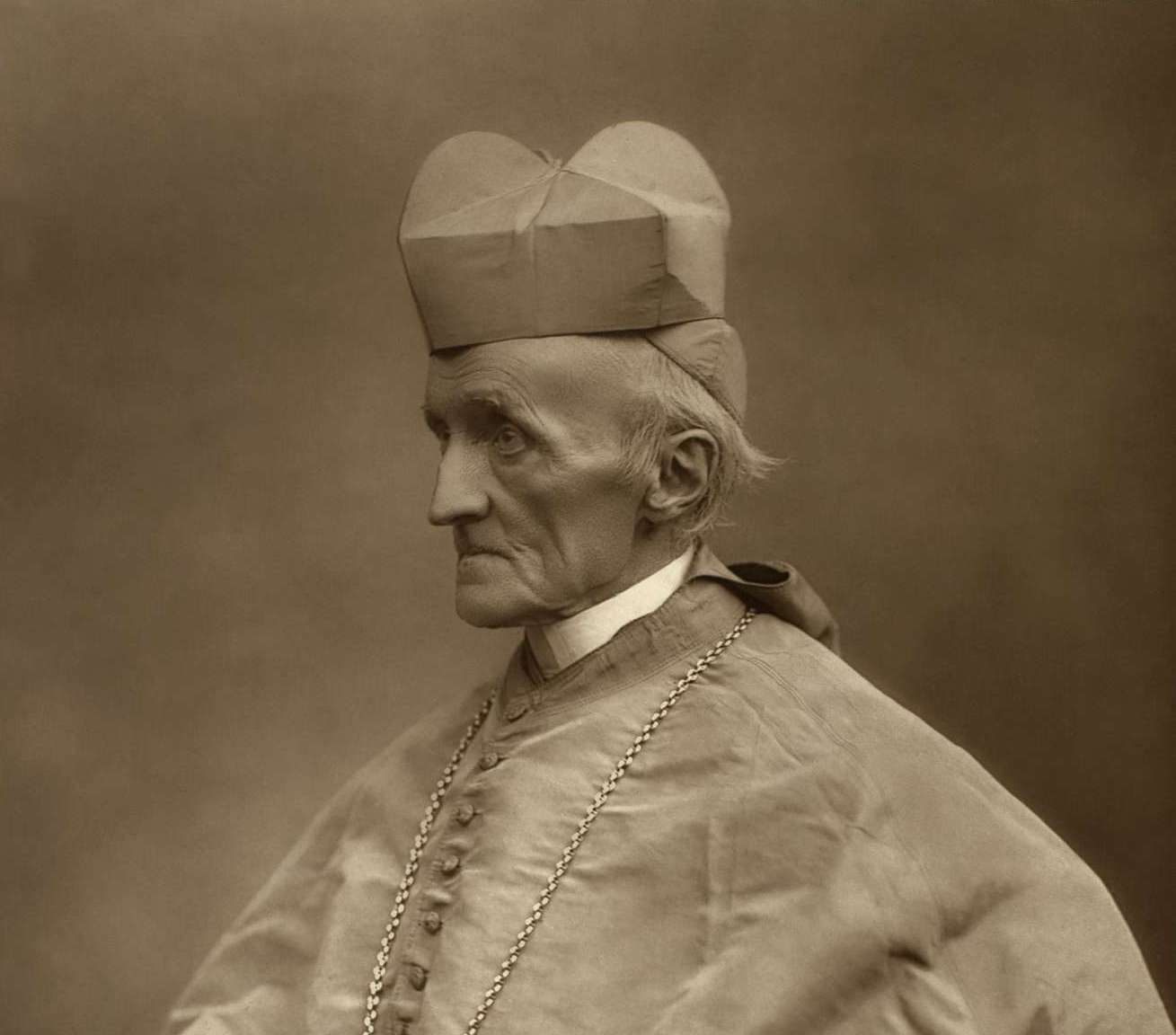It is generally accepted that Pope Leo XIII’s 1891 encyclical Rerum Novarum inaugurated the great tradition of modern Catholic Social Teaching, calling as it did for state action to regulate working conditions, allow trade unions etc.
However, there is uncertainty about what inspired its publication. Conventional wisdom holds that Rerum Novarum was a response to European campaigns for social reform from great aristocrats such as Bishop von Kettler in Germany and the Comte de Mun and the Marquis de la Tour du Pin in France. They argued for the restoration of the feudal rights of the Church (and those of great lords), and proposed to meet the increasing pauperisation of the population by a return to some kind of medieval guild system.
Yet Pope Leo in 1891 rejected this obsolete and completely unrealistic solution, a rejection which begs the question as to what did inspire the more progressive and pragmatic programme he adopted. My answer to this question is Henry Manning, Archbishop of Westminster 1865-1892 (and a cardinal from 1875), whose massive contribution to the development of Catholic Social Teaching (and social progress in England) is unjustly overlooked.
I therefore suggest that we are now approaching the 150th anniversary of the real origins of Catholic Social Teaching, not in Rome or Paris – but in Leeds!
The key date is 28 January 1874 when Manning went to the Leeds Mechanics Institute to lecture on “The Dignity and Rights of Labour”. Manning noted that industrialists were fond of quoting Thessalonians 2:10 – “If a man will not work, neither will he eat” – but that they ignored Luke 10:7 – “The labourer is worthy of his hire”. He made compelling arguments that capital without labour is worthless.
Manning made certain key recommendations: employers should not pay starvation wages which turned the worker into a wage-slave, for a free society demanded that labour should have some choice where and how it worked. He asked that recognition should be given to associations of working men, and pointed out the work of mutual support which had been carried out by the medieval guilds.
Manning was also one of the first people to call for state regulation of the hours of work. Last, he requested some consideration for the family, pointing out how large families were huddled together in one room, usually in appalling sanitary conditions. (In 1884 the cardinal became a senior member of a royal commission investigating housing for the working classes.)
Nevertheless, despite his advocacy for the poor, he was keen to warn against emerging Marxist ideas which were then gaining currency: “When I see the word ‘proletariat’ in a book, I suspect the book at once.”
All these ideas: the need for decent wages, the right to form trade unions, and the obligation for the state to step in – despite the free-market ideology of the age – to regulate hours of work are exactly the major themes running through Rerum Novarum itself. The encyclical is also noticeable for its denunciation of “Socialism” –meaning revolutionary Communism – just as in Manning’s lecture.
Note the lecture's location. It was not given at Oxford or Cambridge, or even Exeter Hall, the huge auditorium in Victorian London that launched many of the progressive campaigns of the day. No, Manning went to a mechanics institute, a small college providing adult education to working men based in Leeds, one of the great cities of the Industrial Revolution.
The lecture was given when trade union activity such as striking and picketing were criminal offences punishable by 12 months’ hard labour. Gladstone’s Liberal government of 1868-1874 was progressive in many ways, but its laissez-faire ideology was against trade unions. In fact, Disraeli's new Conservative government did legalise trade union activity in 1875, to general surprise – perhaps he was influenced by Manning!
Throughout his public life Manning campaigned for the poor and the weak. In December 1872 a large meeting was held at Exeter Hall to call attention to the desperate plight of agricultural labourers, but only one clergyman, Manning, was prepared to stand up publicly for farm workers.
Perhaps the high point of his social activism was the way he single-handedly settled the Great Dock Strike of 1889. In the mid-Victorian period the terrible famine in Ireland in the 1840s, and subsequent discontent, was generally attributed to Irish laziness and fecklessness. In 1868 the recently-appointed Archbishop Manning violently disagreed in an open Letter to Earl Grey:
“Did Ireland suicidally strip itself of all its lands, reduce itself to mud-cabins, potato diet, and evictions, fever and famine? Who checked its agriculture, its cattle trade, its fisheries, and its manufactures by Acts of Parliament? If poverty was ever inflicted by one nation on another, it has been inflicted on Ireland by England.”
Why, then, is Manning’s social activism and huge contribution to Catholic Social Teaching so little known? Two reasons, I think. The first is that Manning’s reputation was savaged shortly after his death by Edmund Purcell, a journalist known to have a grudge against him, and whose tendentious biography does not mention Rerum Novarum, even though Manning was its official translator into English from Latin (The Tablet, June 1891). Secondly, I suspect that the core works on Catholic Social Teaching have a continental European bias, which means that they tend to ignore the great English cardinal.
One last thought. We can perhaps still learn from Manning today. In the early 1890s, shortly before his death, he campaigned against water supply being in the hands of private monopolies, arguing that they should be taken over by local authorities. This was done, and the system worked well for ninety years until Margaret Thatcher privatised it for ideological reasons in 1989. Now we hear about water companies cutting back on investment whilst paying huge dividends to their owners, resulting in sewage being dumped into our rivers and seas.



 Loading ...
Loading ...
What do you think?
You can post as a subscriber user ...
User comments (0)